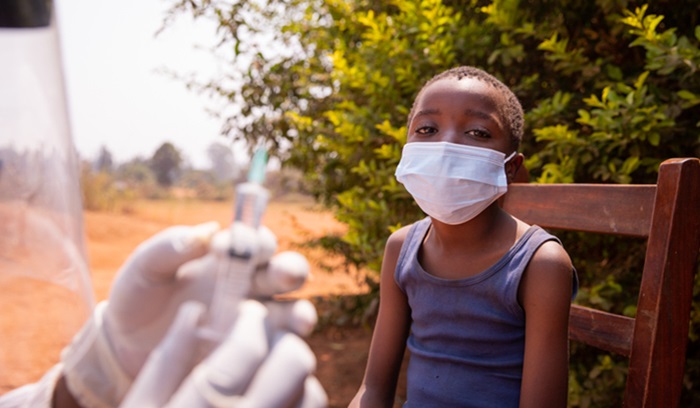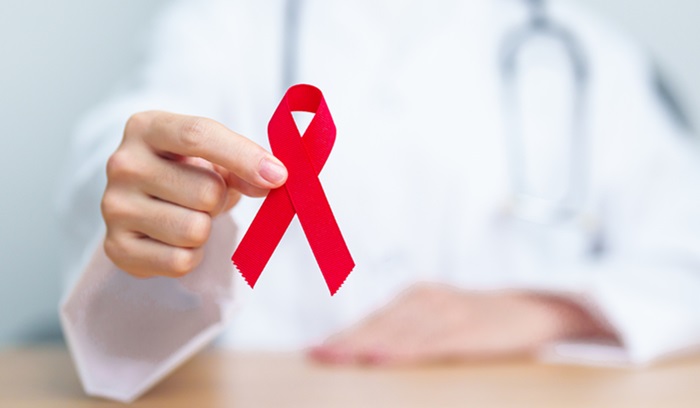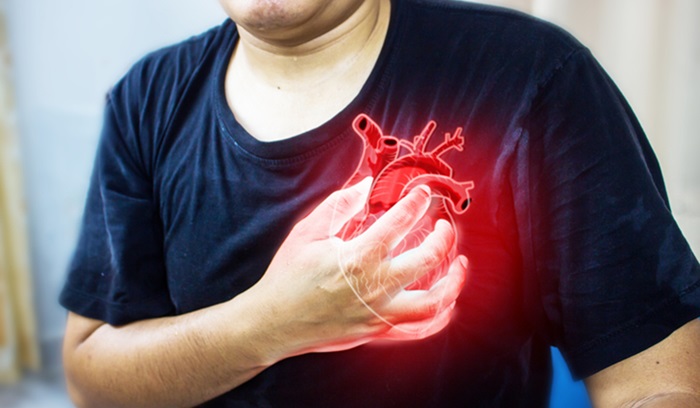Japanese researchers develop world-first stem-cell treatment that restores vision in humans
Kohji Nishida, an ophthalmologist at Osaka University in Japan, and his colleagues used an alternative source of cells — induced pluripotent stem (iPS) cells — to make the corneal transplants. They took blood cells from a healthy donor and reprogrammed them into an embryonic-like state, then transformed them into a thin, transparent sheet of cobblestone-shaped corneal epithelial cells. After the transplants, all four recipients showed immediate improvements in their vision, and a reduction in the area of the cornea affected by LSCD. The improvements persisted in all but one recipient, who showed slight reversals during a one-year observation period.










